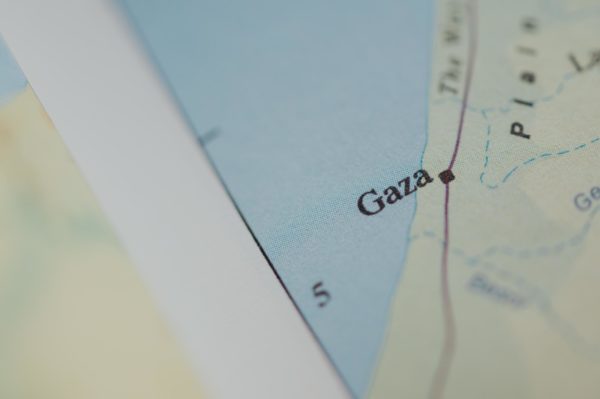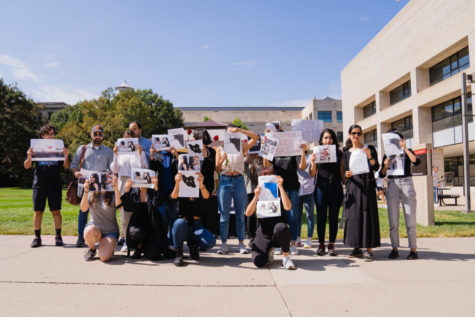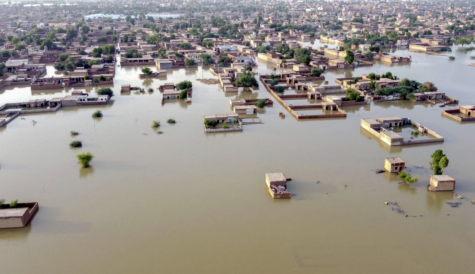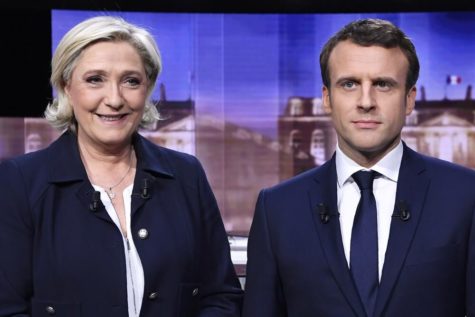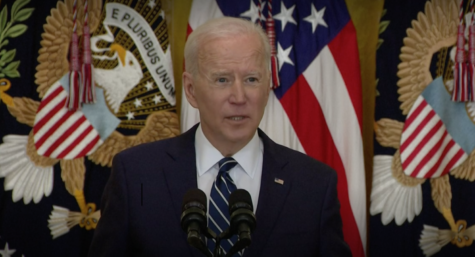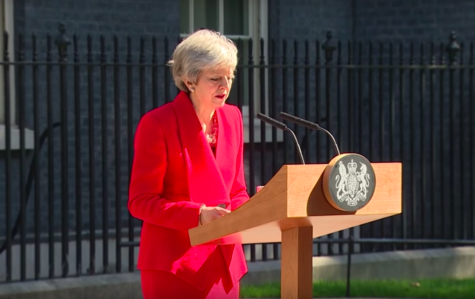Report: North Korea threatens to end armistice
March 5, 2013
North Korea threatened Tuesday to nullify the armistice agreement that ended the Korean War in 1953, citing U.S.-led international moves to impose new sanctions against it over its recent nuclear test, South Korea’s Yonhap news agency reported.
The North’s military said it will also cut off direct phone links with South Korea at the inter-Korean border village of Panmunjom, Yonhap said, citing North Korea’s news outlet.
North and South Korea have technically been at war for decades. The 1950-53 civil war ended in a truce rather than a peace treaty.
There has been major concern in recent years among world powers over North Korea’s nuclear aspirations.
The U.N. Security Council is expected to meet Tuesday to consider a proposed resolution to authorize more sanctions against North Korea in response to the secretive regime’s controversial nuclear test last month.
The United States and China, a key North Korean ally, have reached a tentative deal on the wording of the proposed resolution, a senior Obama administration official told CNN Tuesday.
The two nations have been negotiating for weeks on the question.
As a permanent member of the Security Council with veto power, China can strongly influence the body’s decisions and has previously resisted strong sanctions on the Kim regime, which it props up economically.
The two communist countries have been close allies since China supported the North with materiel and troops in the Korean War. The United States backed the South in the conflict, fighting side by side with its troops.
Analysts say Beijing wants to maintain the North as a buffer between its border and South Korea, a U.S. ally.
Beijing’s government on Tuesday said it strives for a “nuclear free peninsula.” It repeated its support for the U.N. Security Council’s condemnation of North Korea’s nuclear tests but also called for a muted response to it.
Military exercises
Pyongyang said the underground nuclear blast it conducted on February 12 was more powerful than its two previous detonations and used a smaller, lighter device, suggesting advances in its weapons program.
It was the first nuclear test the isolated state has carried out since its young leader, Kim Jong Un, inherited power in December 2011 after the death of his father, Kim Jong Il, who made building up North Korea’s military strength the focus of his 17-year rule.
Like the regime’s previous tests in 2006 and 2009, the move prompted widespread international condemnation, as well as a promise of tough action at the United Nations.
North Korea’s government regularly rails against sanctions imposed on it.
The staging this week of joint U.S.-South Korean military exercises, known as Foal Eagle, has added to the simmering tensions, the official Korean Central News Agency reported Monday.
It described the training exercises as “an open declaration of a war” in the face of repeated warnings from the North that they should not be held.
The exercises have “touched off the pent-up resentment of the service personnel and people of (North Korea) and compelled them to harden their pledge to take thousand-fold retaliation against the enemies,” the news agency said.
— CNN’s Elise Labott, Laura Smith-Spark and Jethro Mullen contributed to this report.






